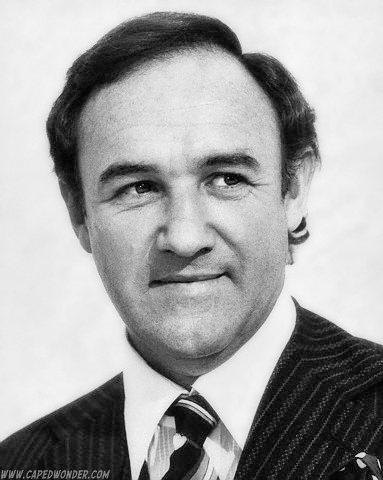True, but there are a lot of options in between surrendering everything the US gained in the war and the hard-line approach the Socialists actually took towards Canada upon taking power. Alternative options would have included:
1) Grant Canada its independence, conditioned on it being demilitarized, forbidden from concluding alliances with foreign powers (other than the US), and with it having to make major trade concessions to the US;
2) Grant Canada its independence, but require all of the above, plus keep a large US military force stationed in Canada;
3) Don't give Canada its independence yet, but give it a firm timetable for eventually being given its independence once certain benchmarks are met;
4) Grant immediate statehood to some or all of the Canadian provinces;
5) Don't give any of the Canadian provinces statehood yet, but give them a firm timetable for eventually being given statehood once certain benchmarks are met;
6) Keep Canada as a territory, but end martial law within it, and make the occupation authority civilian rather than military;
7) Keep Canada as a territory, and keep the military as the occupation authority, but end the military tribunals;
8) Annex only the sparsely populated western Canadian provinces, and apply one of Option 1-3, 6, or 7 for Ontario.
Any of those 8 options would have represented a move away from Remembrance, and still would have allowed the United States to credibly claim it gained something from the war, but the Socialists didn't go for any of them. Instead they adopted the most hardline policy available: continue the military occupation in full. There were certainly good political reasons for doing so, but it does represent the Socialists basically acquiescing to the Remembrance ideology.
Another possibility is the Socialists might see some advantage in continuing a large conscript based US military. As we see in the novels, the Democrats ferociously (and successfully) resist the federal government enacting social welfare legislation. It would be very difficult though for the Democrats to oppose veteran's aid programs when they are advocating for increased military spending. Thus maintaining a large conscript army is a convenient way for the Socialists to get much of their redistribution programs executed. Just enacting something like the G.I. bill and a Veteran's Hospital system would let the Socialists effectively channel billions of dollars into education, housing, and health care programs for millions of low income Americans.
As for the biographies of the leading Confederate generals, they look good, though the Breckinridge described in the article seems a little too moderate to be the same man who would later plot to carry out a military coup. Any insight into what prompted Breckinridge to later join the Sellars conspiracy?
Unfortunatley we don't have the look inside the occupation authorities decision making the same we do for Utah with the Abner Dowling POV. Some plan could have been under way in the wake of the war. Its impossible Theodore Roosevelt would not have put some thought into this. I believe there was some long term plan for Canada like a timetable for a transition from military authority to civillian authority. With benchmarks that would allowformer provinces to become territroy. These plan could have went out the window with the Canadian uprising. Also lets not forget that Pacific War was fought over the Japanese trying to stir up rebellion in Canada. The Pacific War lasts into 1935, so there probably is no plan until at least after the 1936 election.
I can imagine there are could be a leadership on the municipal level but anything bigger than that is the US occupational authority. All the cases Moss seems to be involved with relate to the claims against the occupational government like loyalty and property confiscated by the authority. We don't know to what extent the Occupational authority handled other legal matters.
Also looking at the Maps in the Blood and Iron series, it looks like New Brunswick became apart of Maine.
Again, Tiro great job on the bios for the Confederate Generals. I had an old article on the 1916 Confederate Roanoke offensive that I never finished and how it became the forerunner to the Confederate Drive up Ohio. If you plan on doing the army of texas. It looks like in the books there was one big CSA offensive in North Texas in early 1917 that failed.
I enjoyed the putting Bruckner as the commander of the Army of Northern Virginia in the Second Great War. The Army of Northern Virginia in GW2 deserves its own article. There had to have been a something like the Maginot Line in Northern Virginia. I could see the line being the brain child of a Whig Congressman from Northern Virginia, Henry St. George Tucker III. Congressman's 10th district was lost to the U.S. and became Virginia's at large Congressman. He long proposed building a large systems of fortifications along the new Border on th Rhappahanock so that the would not lose any further territory. Fears of US retaliation and the financial difficulties brought on by the Collapse preventedThe fortifications from being put in the preliminry stages. It would later be built during the first Featherston administration. Featherston would never allow anything to be named after a former Whig Congressman named Henry St. George Tucker III. Instead it was officially known as the The Northern Virginia Anti-Barrel Defense in Depth System, but it became commonly refered to by its code name the Project Longstreet or the Longstreet Line.


